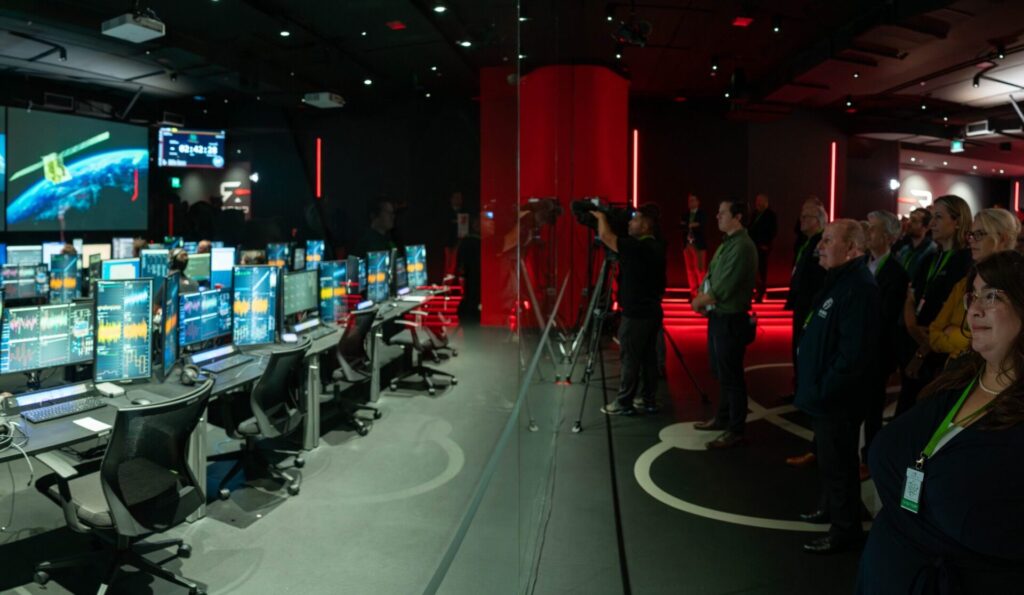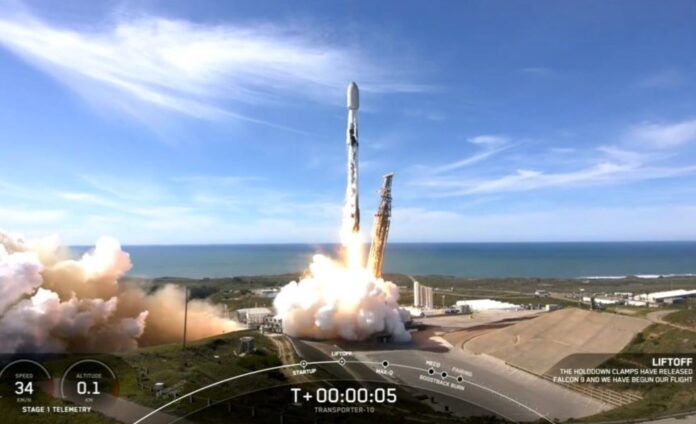Space Minister, Judith Collins and Climate Change Minister, Simon Watts, today welcomed the successful launch of MethaneSAT – a state-of-the-art satellite designed to accurately detect methane emissions and contribute to global efforts to combat climate change.
Both Ministers described the launch as a milestone in the development of New Zealand’s space sector.
The mission is being led by the United States’ Environmental Defense Fund, with New Zealand’s role including hosting the satellite’s mission operations control centre and leading an atmospheric science programme, studying global emissions from agriculture.
“Hosting and operating the mission operations control centre for the satellite here in New Zealand adds a significant piece of infrastructure to our space system and grows our capability to operate complex space missions,” Ms Collins said.

“The mission operation control centre, developed by Rocket Lab, will be based at the University of Auckland’s Te Pūnaha Ātea Space Institute long-term, providing excellent opportunities for students to be part of mission operations activity.
“This mission demonstrates the value New Zealand brings to international science collaborations and the real-world application of satellite remote sensing, in this case supporting global efforts to combat climate change.”
Minister Watts says MethaneSAT puts New Zealand researchers at the forefront of work to detect and measure agricultural methane emissions from space.
“Global understanding of how space technology could be used to detect methane from agriculture is at a very early stage. New Zealand’s involvement in the mission allows us to test the ability to measure agricultural emissions from space,” he said.
“In the long-term this research could help towards developing new ways to measure efforts to reduce methane from livestock. Exploring the potential of innovative technologies to help us combat climate change is an important part of New Zealand’s wider climate action.”



